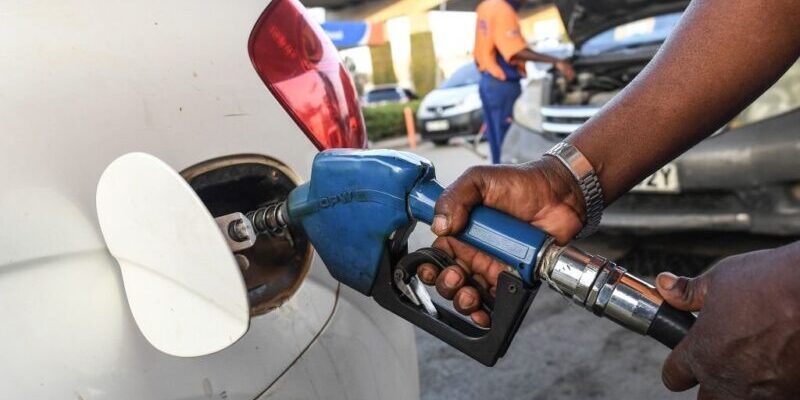The National Bank of Ethiopia has allocated $175 million in foreign exchange to the state-owned Ethiopian Petroleum Supply Enterprise to cover upcoming fuel import payments, as the country continues to grapple with severe dollar shortages.
Ethiopia, which spends approximately $4 billion annually on fuel imports, has faced growing financial strain due to the COVID-19 pandemic and a two-year civil war that ended in late 2022.
To alleviate these pressures, Ethiopia is set to receive $345 million through an International Monetary Fund (IMF) program, supplementing the $1 billion disbursement announced in July 2024.
The country’s financial difficulties have been exacerbated by a managed floating exchange rate system, which has led to a critical shortage of foreign currency for essential imports and hindered businesses from repatriating profits.
In response, Ethiopia devalued its currency by 50% in July 2024, aligning the official exchange rate with that of the black market in an effort to boost foreign exchange reserves and attract international funding from institutions like the IMF and World Bank.
Prime Minister Abiy Ahmed has acknowledged the heavy burden that fuel imports place on Ethiopia’s economy.
Meanwhile, the National Bank of Ethiopia has been taking measures, such as holding special foreign exchange auctions, to increase dollar reserves and ease the ongoing shortage.
Despite these efforts, Ethiopia, the second most populous country in Africa, continues to face internal financial challenges, including its default on government debt in December 2023 and ongoing talks for debt restructuring.
![]()




